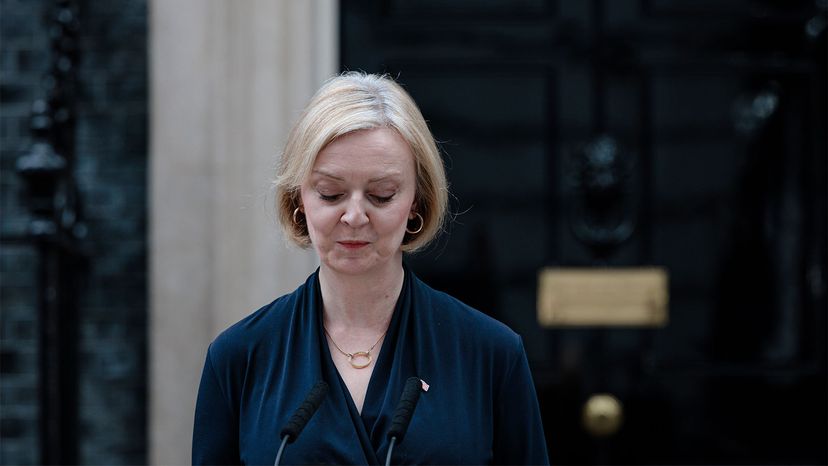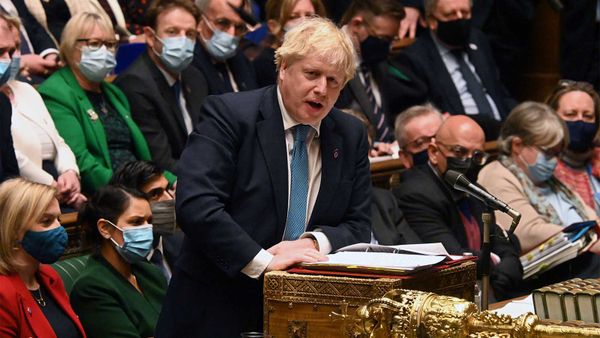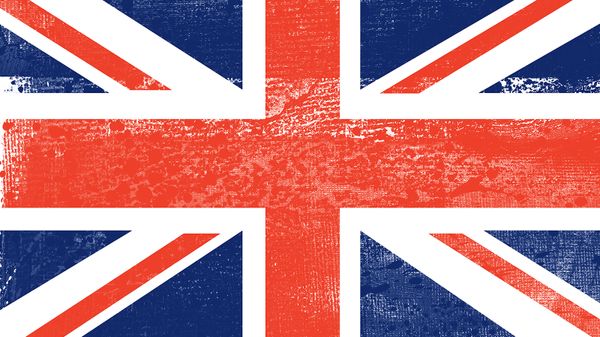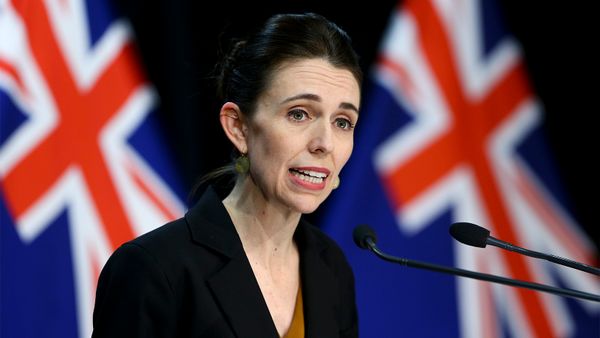Truss came to office amid extremely difficult circumstances. Queen Elizabeth II died within a few days of her taking over from Johnson. That removed the promise of any new leadership "bounce," as the nation was plunged into an official period of mourning.
Overseeing the transition to a new monarch only added to the plethora of thorny challenges affecting the government, including the war in Ukraine and the threat of Scottish secession, as well as the severe energy and inflation crises.
But if any observers expected caution from Truss, they were rapidly corrected. On Sept. 23, then-Chancellor of the Exchequer Kwasi Kwarteng outlined a bold "mini-budget" to Parliament. This new plan promised growth for a struggling U.K. economy, relying on a massive package of tax cuts. It would have represented the biggest tax cut in half a century, with benefits predominantly for richer segments of the population.
This was not a complete surprise, since Truss had campaigned on such a platform during the leadership election. Yet the scale and speed of the announcement were stunning, an example of what BBC journalist Nicholas Watt referred to as "shock and awe" tactics.
It was an audacious gamble by Truss — and one that completely failed to convince the markets. Within days of Kwarteng's announcements, the pound had plummeted in value, leading British borrowing costs to shoot up. Meanwhile, soaring interest rates piled on misery to millions in the U.K. in the shape of higher mortgage payments.
The International Monetary Fund piled on as well, urging the U.K. government to "reevaluate" the planned tax cuts because of how they might "stoke soaring inflation." And the Bank of England was forced to take drastic measures, including buying an unlimited quantity of government bonds, to protect the U.K. economy from crashing even further. Truss' premiership never recovered from the loss of credibility.



